Denver’s Mile-High Moderation
The city is a hotbed for commercial and residential development, largely due to a robust population growth and a strong demand for housing.
By Alex Girda
Denver is a hotbed for new commercial and residential construction, largely due to a high population growth and a strong demand for housing. However, an overstuffed development pipeline and the addition of 28,000 units over the last three years have had an impact on rent growth. The downshift that began last fall continued over the past three months, when rent growth dropped by 30 basis points. Despite this moderation, investors remained high on Denver assets, bringing the total sales volume to a cyclical high of $6.7 billion in 2016.
Strong employment gains are creating demand, especially for Renter-by-Necessity assets, while increasing home prices also sustain the robust demand for rental units. Construction is a leader in job gains, with projects such as the $1.2 billion widening and covering of the I-70 in Northeast Denver contributing to the growth. Infrastructure projects and the boost that trade received from the legalization of cannabis have transformed the sector into an anchor of the metro’s economy.
The current multifamily expansion has been characterized by fast-paced development and growing investment activity. With more than 24,000 units underway and property sales topping $400 million in the year’s first two months alone, those trends are poised to continue in the foreseeable future. We expect moderate rent growth of 3.5 percent in 2017.
Read the full Yardi Matrix report.


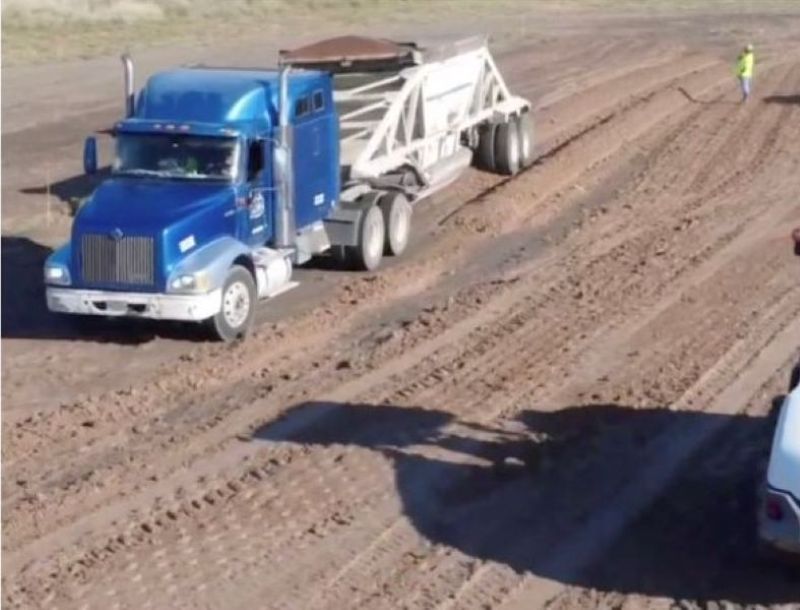
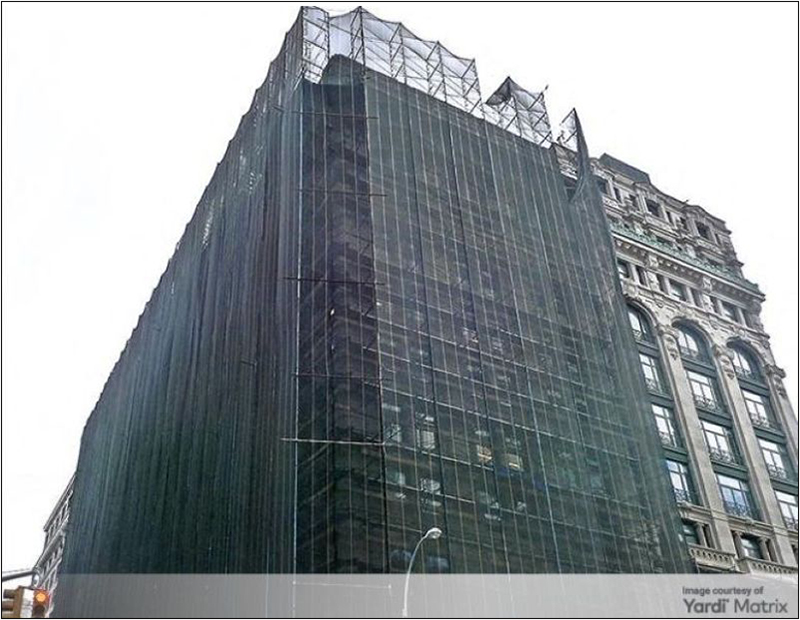
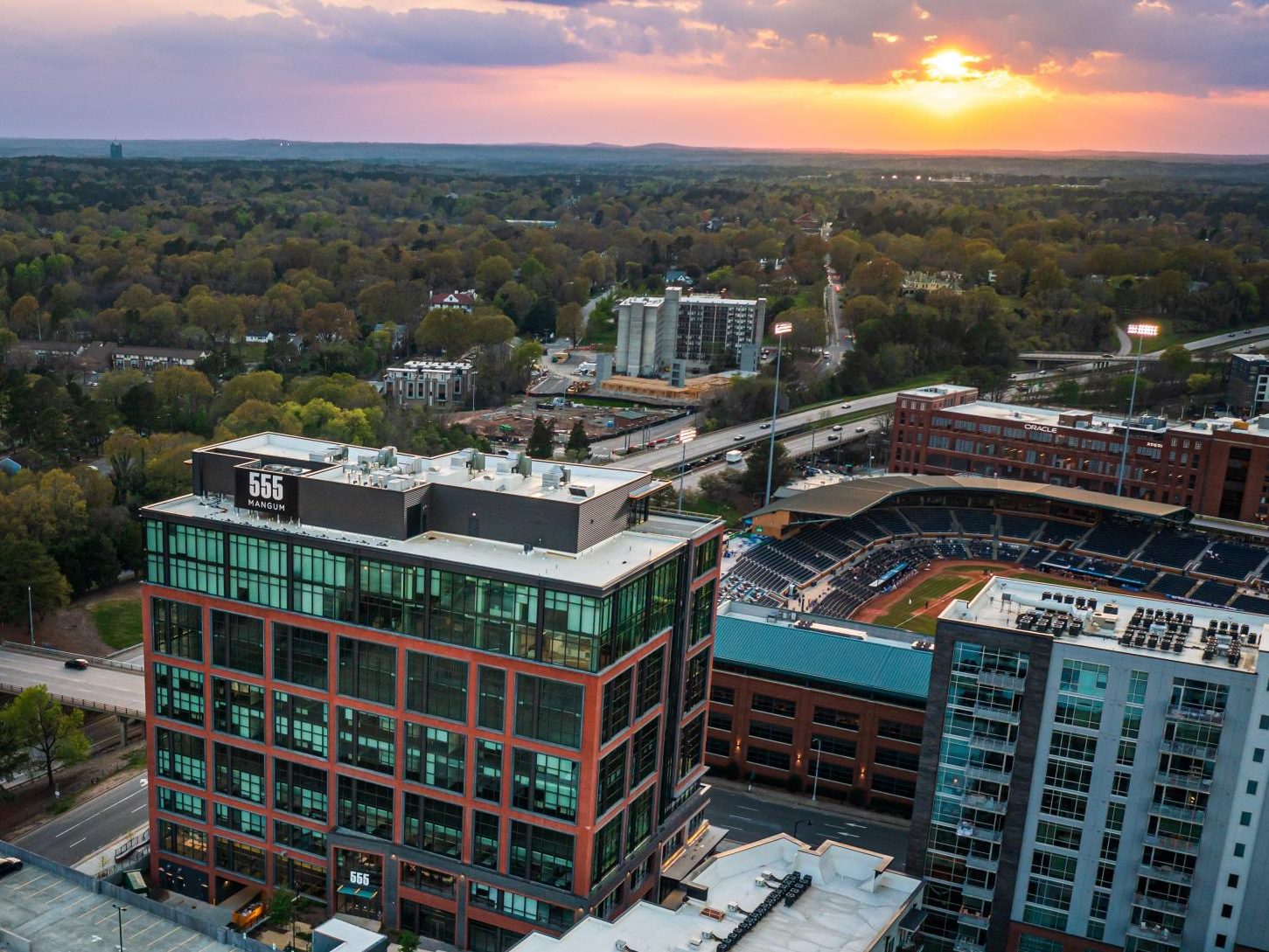
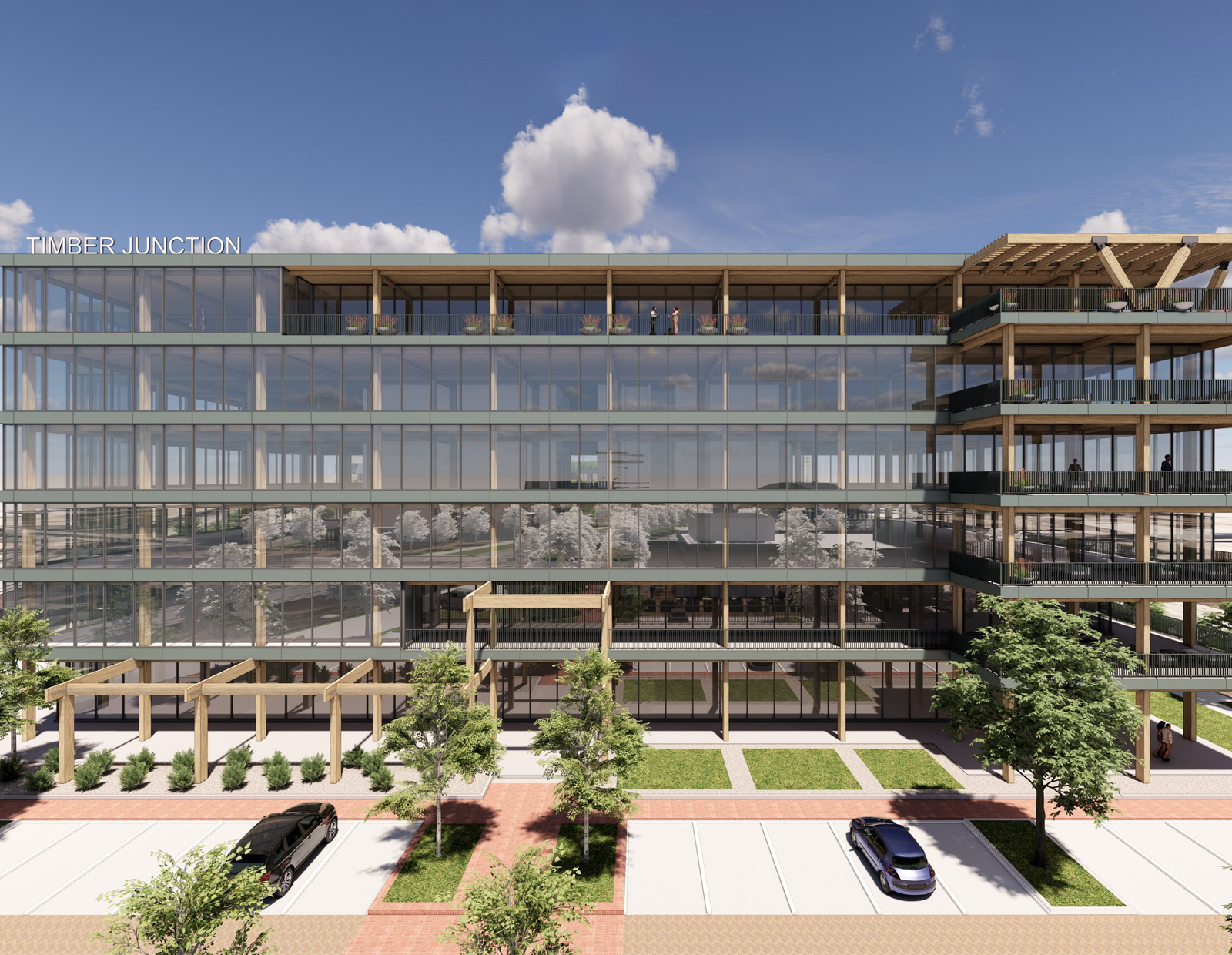
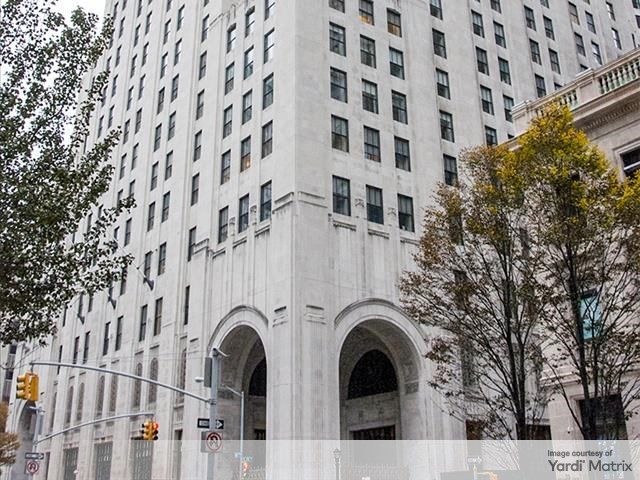
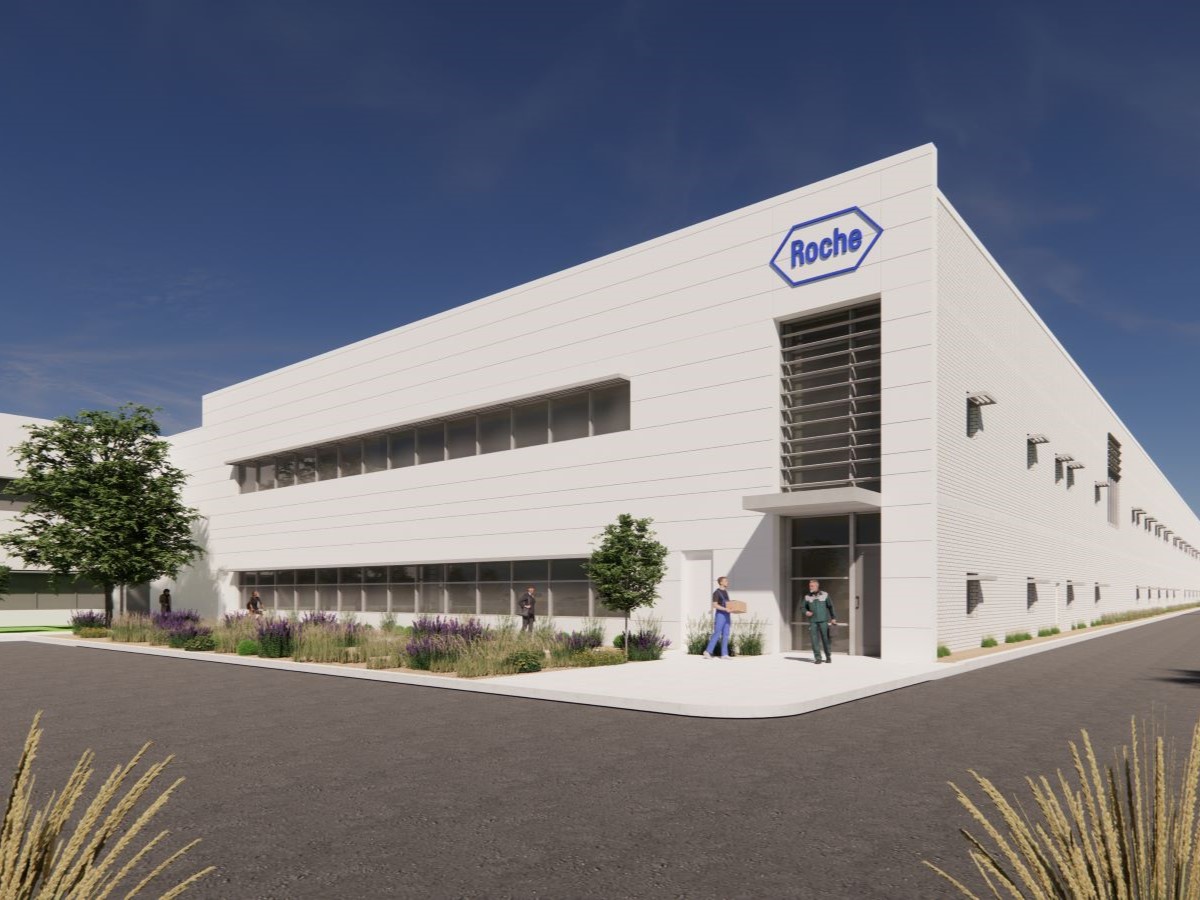
You must be logged in to post a comment.